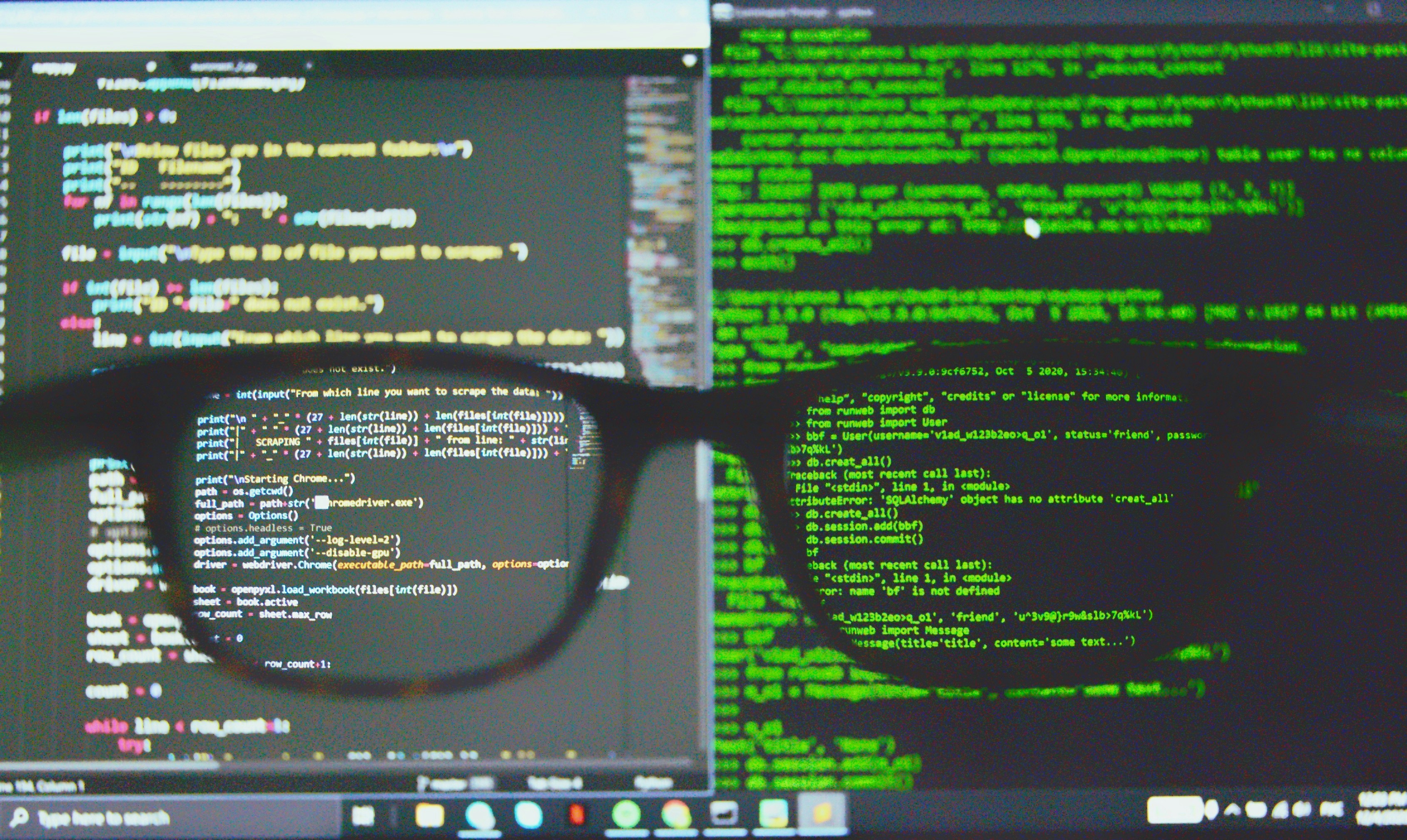
As software engineers, there’s a common misconception that our value lies solely in our ability to code. We’re often portrayed as keyboard warriors, churning out lines of text that magically transform into working software. While coding is undoubtedly a valuable skill, it’s not the defining characteristic of a good engineer.
At its core, engineering is about problem-solving. We’re paid to analyze complex situations, identify root causes, and devise effective solutions. Sometimes, those solutions involve writing code. Other times, they require a completely different approach. The most successful engineers are the ones who recognize this and adapt their methods accordingly.
The Engineer’s Toolkit
Code is just one tool in an engineer’s vast toolkit. We also have access to:
- Critical thinking: The ability to break down problems into smaller, more manageable components and evaluate potential solutions objectively.
- Communication: The skill to clearly articulate complex technical concepts to both technical and non-technical audiences.
- Collaboration: The ability to work effectively with others, leveraging diverse perspectives and skill sets.
- Creativity: The capacity to generate novel ideas and approaches, often thinking outside the box.
- Domain expertise: In-depth knowledge of a particular field or industry, allowing us to understand the context of problems and tailor solutions accordingly.
The best engineers know which tools to use in any given situation. They don’t force a coding solution where a simpler, more elegant approach exists. They recognize that the goal is to solve the problem, not to showcase their coding prowess.
Examples of Problem-Solving Beyond Code
While coding is a powerful tool, it’s far from the only way engineers solve problems. Here are a few examples of how engineering expertise can be applied beyond the realm of code to drive innovation, improve efficiency, and tackle real-world challenges:
- Process improvement: Identifying bottlenecks in a process and implementing changes to increase efficiency.
- System design: Creating a high-level architecture for a new product, considering factors like scalability, reliability, and maintainability.
- Troubleshooting: Diagnosing and resolving technical issues in existing systems, often involving a deep understanding of underlying technologies.
- Technical writing: Creating clear and concise documentation that helps others understand and use complex systems.
- Mentoring: Sharing knowledge and experience with less experienced engineers, helping them develop their problem-solving skills.
Embracing the Challenge
Engineering is not for the faint of heart. It’s a challenging but incredibly rewarding field. We get to work on cutting-edge technologies, tackle complex problems, and make a real impact on the world.
If you’re considering a career in engineering, don’t let the focus on coding deter you. If you have a passion for problem-solving, a curious mind, and a willingness to learn, you’re already well on your way to becoming a successful engineer.
Remember, as an engineer, you’re paid to solve problems. Whether that involves coding or not is up to you to find out. Embrace the challenge, expand your toolkit, and never stop learning. The possibilities are endless.